Elucidating How Mitochondria Obtain Magnesium
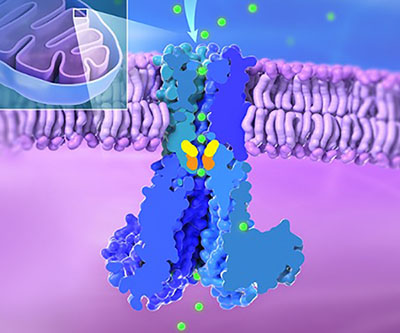
Magnesium is required for many critical biological processes, and its dysregulation can result in various diseases, including cardiac diseases, immunodeficiency, Parkinson’s disease, and cancer. Mitochondria—the energy producers in cells—obtain magnesium through the MRS2 channel, but the details of how this magnesium transport is regulated have remained unclear.
Creating a Genetic Atlas of Early Zebrafish Development
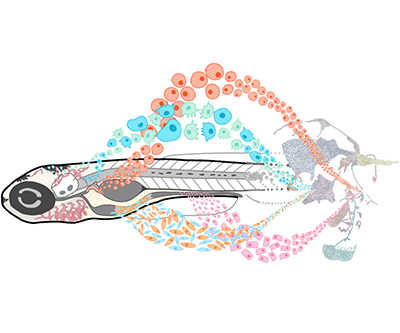
Studying the Effect of Social Stress on Eating Behaviors

Adolescents, particularly girls, are vulnerable to social stressors. Studies have suggested that girls with loss-of-control eating—the experience of being unable to control what or how much one eats—may have atypical brain responses to social threats.
Linking Maternal Depression to Placental Health

Understanding How Flagella Synthesis Is Regulated
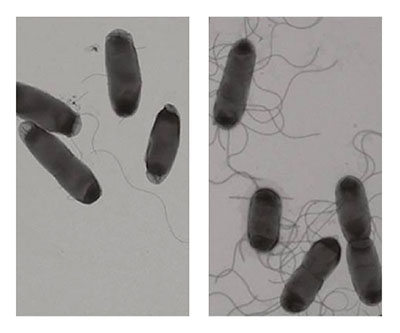
A whip-like appendage called the flagellum helps bacteria move. The flagellum is composed of many proteins, the production of which is tightly regulated.
Developing Reversible Male Contraceptives

Manipulating Cell Signaling to Study Early Development
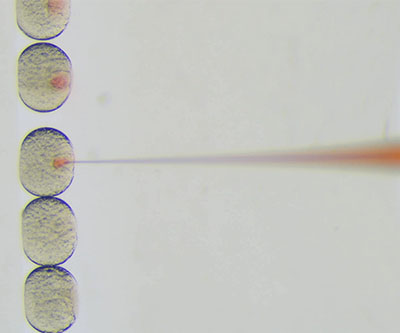
Signaling pathways allow cells to orchestrate fundamental biological processes, including early development. Experimental methods to manipulate cell signaling help scientists understand how signaling is interpreted in different contexts.
Understanding How Immune Cell Activity is Regulated
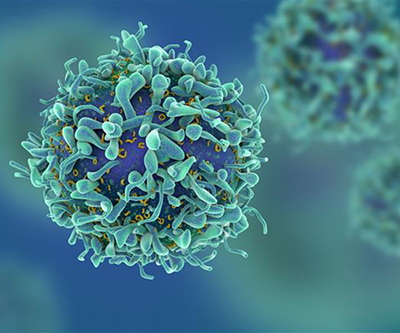
Highlighting the Utility of Animal Models in Neuroscience Research
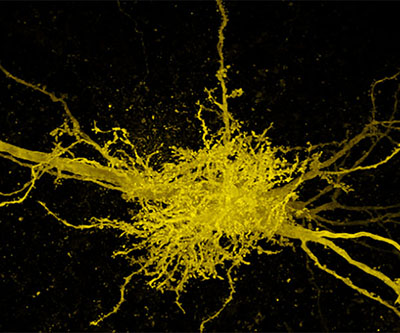
For decades, neuroscientists have relied on animal models to understand how the nervous system works. Yet it remains unclear whether the properties of different types of neuronal junctions, or synapses, discovered in mice are relevant to human synapses and neurological conditions that occur in people.
Studying Polycystic Ovary Syndrome (PCOS) and Children’s Health

Identifying Gene Combinations Critical for Bacterial Virulence
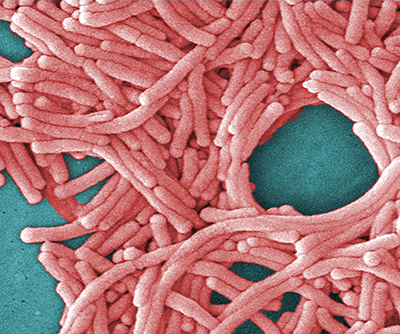
Identifying factors responsible for the virulence of disease-causing bacteria is often complicated by the existence of multiple genes that perform similar functions. Experimental methods to disrupt a single gene may not produce detectable effects, hindering further analyses.
Read about a new method developed by the Machner Lab to simultaneously disrupt multiple genes.
Understanding the Causes of Vascular Conditions
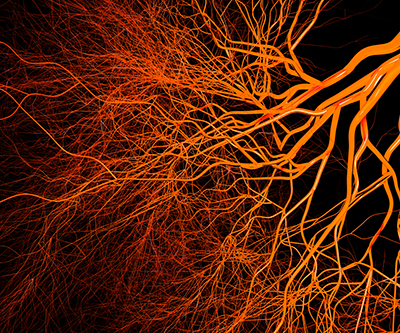
Back to Research Highlights from the Division of Intramural Research.
 BACK TO TOP
BACK TO TOP